Back to Courses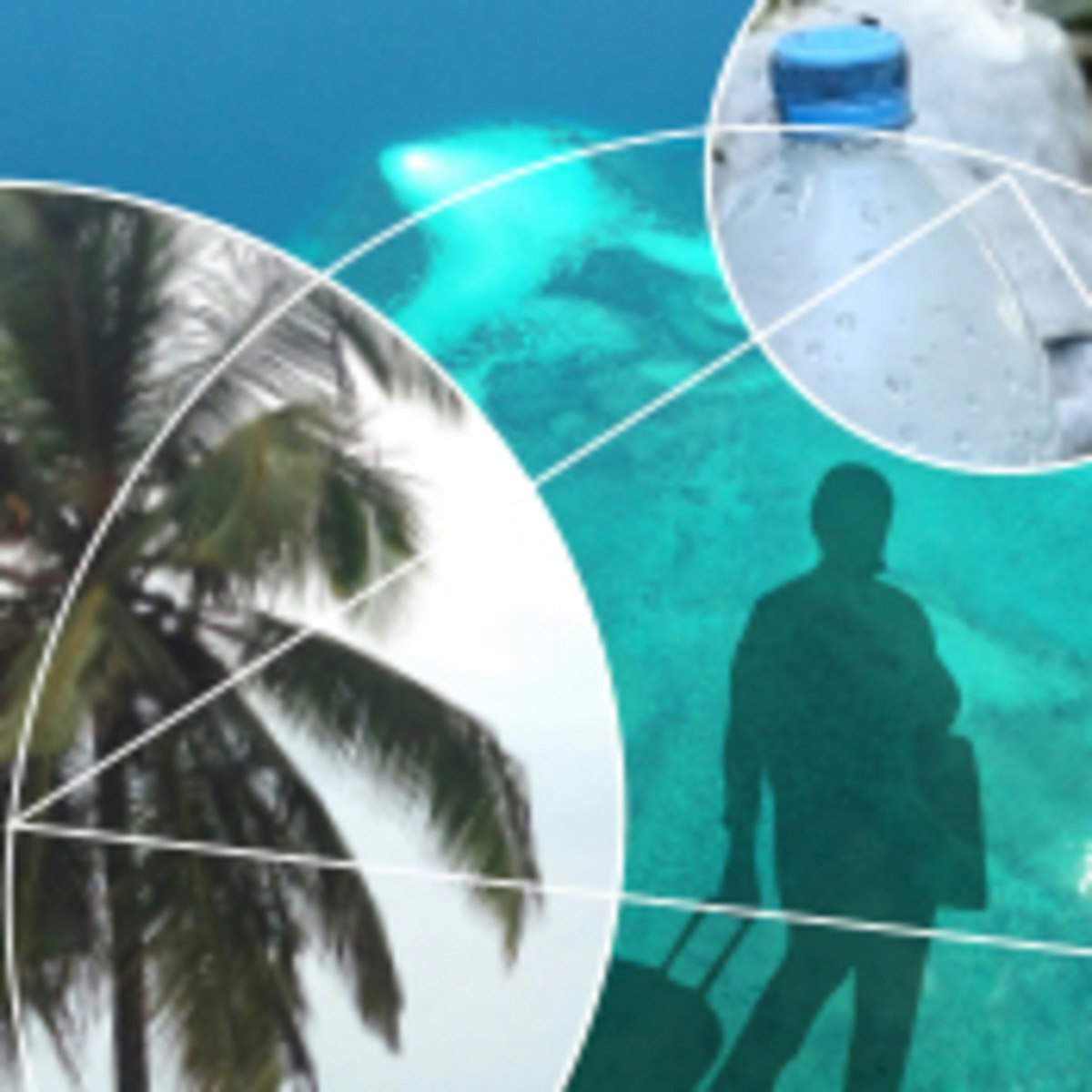


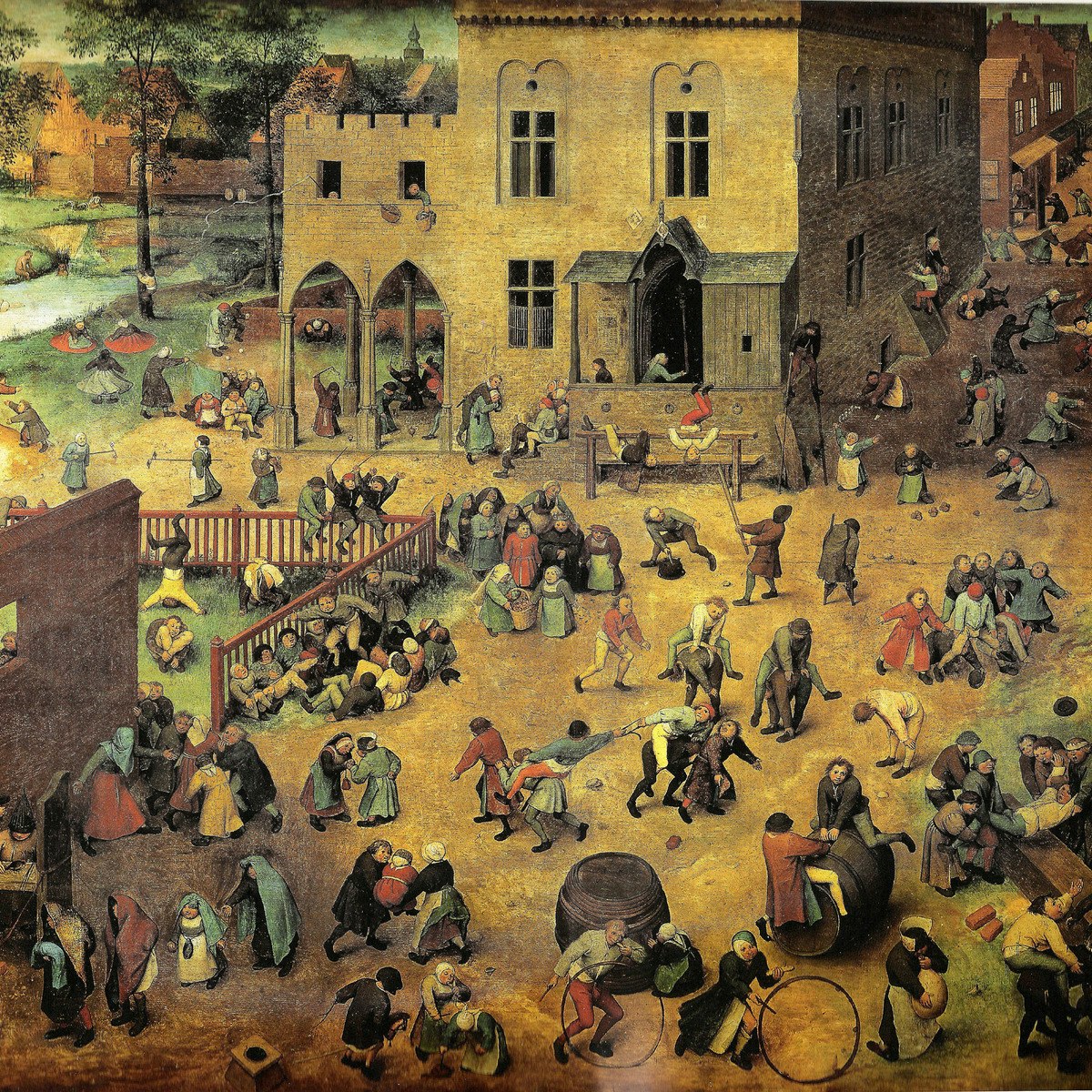

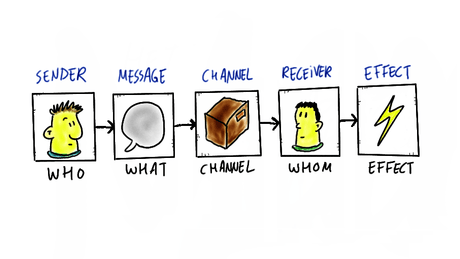
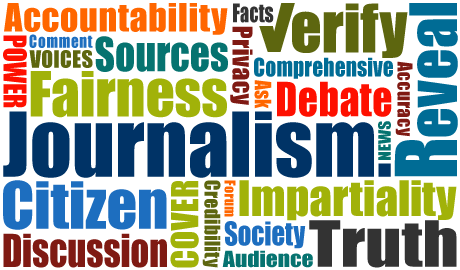
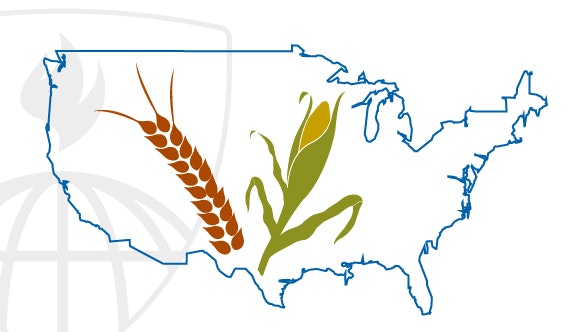


Social Sciences Courses - Page 52
Showing results 511-520 of 672

Sustainable Tourism – promoting environmental public health
The MOOC introduces learners to key environmental health and natural resources management challenges associated with the rapid growth in international tourist arrivals into low-income countries. Since infrastructural and regulatory capacities in such countries are often limited they are more exposed to the negative implications of such development. The MOOC will present experiences and potential avenues to develop a more sustainable form of tourism.
The Course particularly focuses on the problems and potentials of tourism development in small island states in tropical and sub-tropical settings and highlights the challenges of such development on vulnerable ecosystems. It also highlights how tourism development in Zanzibar results in increased pressure on its marine environment, solid waste management, water resources and control of mosquitoes. These factors will be used as tracers of impacts and areas for future improvement towards a more sustainable form of tourism. Zanzibar will be in focus during this course and used as a case in order to exemplify how a massive increase of Tourism in a low income and resource poor setting, can increase the vulnerability of the local population.
The Course topics also relate to a number of targets under the global Sustainable Development Goals, especially:
Goals 3: “good health and well-being”
Goals 6: “clean water and sanitation”
Goals 14: “life below water”
Goals 17: “partnerships”.
Thus, the Course is a continuation of the efforts and discussions raised as part of the 2017 international year of sustainable tourism.
A diversity of perspectives and areas of expertise will be presented by researchers from the University of Copenhagen, State University of Zanzibar, representatives from the hotel sector and international experts in specific areas of sustainable tourism.

Social Work Practice: Advocating Social Justice and Change
In this course, you will learn how social workers in the United States engage in creating change and supporting the resilience of individuals, families and communities in this new era.
Learners will have an opportunity to explore the social work profession, the different roles of social workers in a range of settings, the cross cutting themes that guide social work practice, the history of social work, and current challenges.
Using a social justice lens, learners will reflect on current challenges facing the lives of individuals, families and communities and examine ways to advocate for needed changes.
This course can be taken as a stand-alone learning experience or as part of the "Social Work: Practice, Policy, and Research MasterTrack Certificate Program."

Macroeconomics for Business Management
In this course, you will be introduced to some basic concepts of country-level Macroeconomics that are relevant for an integrated understanding of the macroeconomic environment in which your business (or future business) operates. In this course, the first three weeks will cover the Gross Domestic Product (GDP) and its components deeply, and the fourth week will cover inflation, monetary policy, balance of payments, and the concept of real exchange rate.
At the end of this course, you will be able to:
- Understand the concept of GDP and its importance for businesses established in a country;
- Analyze de GDP by breaking down its key components;
- Understand the importance of inflation, monetary policy, balance of payments, and real exchange rate for a country’s macroeconomic environment.
- And above it all. Understand how to make connections between those concepts and try to make good use of them when establishing your business plan or your investment decisions.

Game Theory
Popularized by movies such as "A Beautiful Mind," game theory is the mathematical modeling of strategic interaction among rational (and irrational) agents. Beyond what we call `games' in common language, such as chess, poker, soccer, etc., it includes the modeling of conflict among nations, political campaigns, competition among firms, and trading behavior in markets such as the NYSE. How could you begin to model keyword auctions, and peer to peer file-sharing networks, without accounting for the incentives of the people using them? The course will provide the basics: representing games and strategies, the extensive form (which computer scientists call game trees), Bayesian games (modeling things like auctions), repeated and stochastic games, and more. We'll include a variety of examples including classic games and a few applications.
You can find a full syllabus and description of the course here: http://web.stanford.edu/~jacksonm/GTOC-Syllabus.html
There is also an advanced follow-up course to this one, for people already familiar with game theory: https://www.coursera.org/learn/gametheory2/
You can find an introductory video here: http://web.stanford.edu/~jacksonm/Intro_Networks.mp4

Hypotheses Testing in Econometrics
In this course, you will learn why it is rational to use the parameters recovered under the Classical Linear Regression Model for hypothesis testing in uncertain contexts. You will:
– Develop your knowledge of the statistical properties of the OLS estimator as you see whether key assumptions work.
– Learn that the OLS estimator has some desirable statistical properties, which are the basis of an approach for hypothesis testing to aid rational decision making.
– Examine the concept of null hypothesis and alternative hypothesis, before exploring a statistic and a distribution under the null hypothesis, as well as a rule for deciding which hypothesis is more likely to hold true.
– Discover what happens to the decision-making framework if some assumptions of the CLRM are violated, as you explore diagnostic testing.
– Learn the steps involved to detect violations, the consequences upon the OLS estimator, and the techniques that must be adopted to address these problems.
Before starting this course, it is expected that you have an understanding of some basic statistics, including mean, variance, skewness and kurtosis. It is also recommended that you have completed and understood the previous course in this Specialisation: The Classical Linear Regression model.
By the end of this course, you will be able to:
– Explain what hypothesis testing is
– Explain why the OLS is a rational approach to hypothesis testing
– Perform hypothesis testing for single and multiple hypothesis
– Explain the idea of diagnostic testing
– Perform hypothesis testing for single and multiple hypothesis with R
– Identify and resolve problems raised by identification of parameters.

Introduction to Communication Science
Since Antiquity, scholars have appreciated the importance of communication: as social beings, we cannot exist without communication. We need to interact with people around us, to make sense of the world and to position ourselves in a wider social and cultural reality. In this course, we look at how and why communication evolved as a science and reflect on today’s dominant paradigms. The course also extends beyond the boundaries of communication science itself, exploring dimensions of history, sociology and psychology. Join our class, together with people all over the world.
Introduction to Communication Science explores some of the basic theories, models and concepts from the fields of mass, interpersonal and intrapersonal communication. The course begins with a consideration of several basic models, subsequently progressing to the history of communication theory, linear effect-oriented theories, the reception approach and, finally, exploring theories on the production and reinforcement of culture through communication.
Upon completion of this course, students should:
• have knowledge of the history and development of communication science;
• have knowledge of the dominant theoretical approaches within communication science;
• have knowledge and understanding of the most important models and concepts in this field.
Beginning the week of February 16, 2015, you will be able to join Signature Track, a system that verifies your identity when you take an exam. This option will allow you to earn a Verified Certificate, which provides formal recognition of your achievements in the course and includes the University of Amsterdam logo. Before then, you can complete a “test run” of the exam. You can then re-take the exam after the Verified Certificate becomes available. For information regarding Verified Certificates, see https://courserahelp.zendesk.com/hc/en-us/articles/201212399-Verified-Certificates"

Journalism Skills for Engaged Citizens
This is a course in basic journalism skills, designed for the many people who are now taking advantage of new media to publish news, views and information. For five hundred years, the privilege of being able to publish was enjoyed by very few people – those who had access to a printing press or a radio microphone or a television camera. Now, almost anyone can publish to the world within minutes of being able to do so. But is it journalism?
How does a citizen journalist find things out, so they can report facts and news - moving beyond merely braying opinion? And what are the legal and ethical pitfalls to publishing facts that some people might prefer remain secret?
Over six weeks, this course teaches the basics of news writing, how to interview people to gain crucial information, how to develop and manage your sources and how to use your legal rights to access public information - and stay on the right side of the law when you publish. We discuss the ethics behind journalism practice, and conduct a mock investigation into local government. This course aims to empower engaged citizens to better participate in the news ecology.
View the MOOC promotional video here: http://tinyurl.com/jj46rxw

An Introduction to the U.S. Food System: Perspectives from Public Health
A food system encompasses the activities, people and resources involved in getting food from field to plate. Along the way, it intersects with aspects of public health, equity and the environment. In this course, we will provide a brief introduction to the U.S. food system and how food production practices and what we choose to eat impacts the world in which we live. We will discuss some key historical and political factors that have helped shape the current food system and consider alternative approaches from farm to fork. The course will be led by a team of faculty and staff from the Johns Hopkins Center for a Livable Future. Guest lecturers will include experts from a variety of disciplines, including public health, policy and agriculture.

Learning to Teach Online
Are you an educator? Have you ever wanted to understand more about how to design your class to make better use of educational technology – whether fully online or in blended contexts? Would you like to learn from those who have extensive practical experience with online technologies?
The Learning to Teach Online (LTTO) MOOC will help you develop a working understanding of successful online teaching strategies that you can apply in your own practice. The course is based upon the multi award winning open educational resource developed by Dr Simon McIntyre and Karin Watson.
Integrating online technologies into your teaching can be a challenging prospect, and it can be difficult to know how to approach it effectively for the benefit of both students and yourself. No one knows your own content and teaching strengths better than you, and the “one size fits all” formula doesn’t always suit everyone. No matter what type of technology you are interested in exploring or your level of experience, this course will help you draw on your teaching strengths and find the approach that is right for you, your students and your educational context.
This course will guide you through your journey of understanding how online technologies can enhance your course design. You will have the opportunity to develop your understanding of effective online teaching practices and their relationship to the use of different technologies. You will also be encouraged to progressively design and reflect upon your own online learning activity, assessment or resource for use in your own class if you choose to undertake the course assignments.

Management of Urban Infrastructures – part 1
Sustainability, Resilience and Efficiency are fundamental considerations for city managers in managing urban infrastructures. Today, more than 3.9 billion people, making up more than 54% of the global population, live in cities. Urbanization is expected to continue in the coming years, raising the urban population to 6.0 billion by 2045. This dramatic increase in urban populations will inevitably increase the demand for energy, mobility (transportation), water, and other urban services in every city around the world. Without functional governance and management structures that ensure efficient, resilient and sustainable performance in cities, the current urbanization growth might become a catastrophic risk threatening the quality of life of the humanity.
Sustainable development in 21st century can only be realized by introducing innovations in both management and operations of urban infrastructures systems. Developing management practices that effectively integrates the processes of urban planning with urban infrastructures planning and management is a challenging goal that many cities are struggling with nowadays, but is a must for transforming cities to sustainable and resilient engines of growth in both developing and developed economies.
This course will provide you with the basic principles of urban infrastructure management that are fundamental for building prosperous cities that are sustainable, resilient and efficient.
In order to obtain a certificate for this course, the participants have to pass four graded quizzes and complete four mandatory assignments, plus a final exam. In addition to the graded assignments students have the option to write a 7-10 page peer-reviewed case study about management of energy OR transportation system in their city (on your own choice).
The best case studies will be also evaluated by our jury at IGLUS and the authors of the 3 best case studies will win a full tuition fee waiver scholarship to enroll in the IGLUS professional training program in Spring 2017.
You can also pre-enroll in our upcoming MOOC on Smart Cities now. Find our more here:
http://iglus.org/smart-cities-mooc/
Popular Internships and Jobs by Categories
Find Jobs & Internships
Browse
© 2024 BoostGrad | All rights reserved